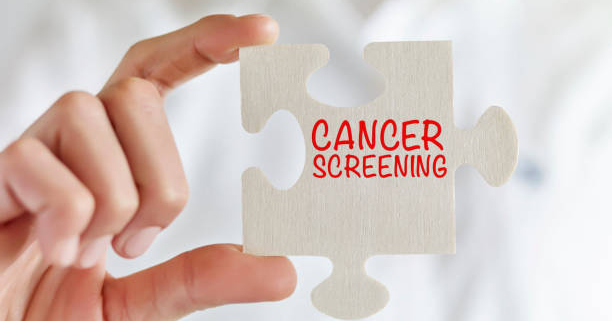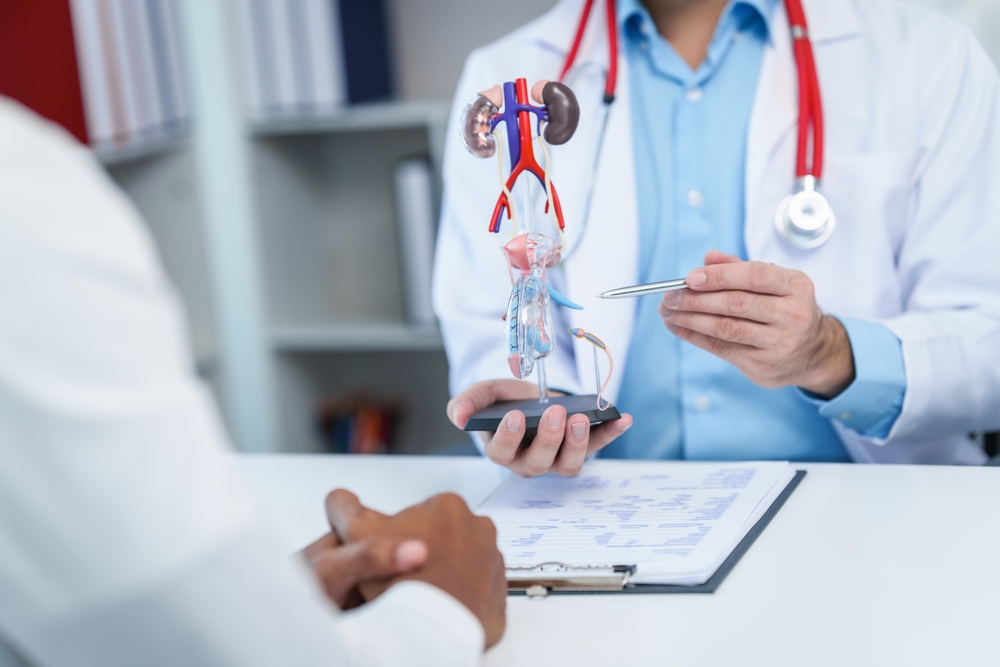Cancer is one of the leading causes of death worldwide, but early detection can significantly improve the chances of successful treatment. Recognizing early warning signs and adopting preventive measures can help in detecting cancer at an early stage when it is most treatable.
Why Early Detection is Important?
Early-stage cancer is often easier to treat and may require less aggressive treatments compared to later stages. It can also increase survival rates and improve quality of life.
Signs and Symptoms to Watch For
While symptoms vary depending on the type of cancer, some general warning signs include:
- 1. Unexplained weight loss
- 2. Persistent fatigue
- 3.Lumps or swelling in any part of the body
- 4.Changes in the skin, such as new moles or changes in existing moles
- 5. Persistent cough or hoarseness
- 6. Unusual bleeding or discharge
- 7. Difficulty swallowing or persistent indigestion
- 8. Changes in bowel or bladder habits
If you experience any of these symptoms for a prolonged period, consult a doctor immediately.
Regular Screenings and Tests:
Routine screenings can help detect cancer before symptoms appear. Some important tests include:
- 1. Mammograms (for breast cancer)
- 2. Pap Smear & HPV Test (for cervical cancer)
- 3.Colonoscopy (for colorectal cancer)
- 4.Low-Dose CT Scan (for lung cancer in high-risk individuals)
- 5. PSA Test (for prostate cancer)
Talk to your doctor about the recommended screenings based on your age, family history, and lifestyle.

Lifestyle Changes to Lower Cancer Risk:
Prevention is always better than cure. Adopting a healthy lifestyle can significantly reduce your cancer risk:
- 1. Eat a balanced diet rich in fruits, vegetables, and whole grains
- 2. Exercise regularly to maintain a healthy weight
- 3.Avoid tobacco and limit alcohol consumption
- 4. Protect your skin from the sun to prevent skin cancer
- 5. Get vaccinated (e.g., HPV vaccine to prevent cervical cancer)
- 5. Reduce exposure to harmful chemicals and environmental pollutants
Know Your Family History
Some cancers are hereditary. If your family has a history of cancer, consult a doctor for genetic testing and personalized screening recommendations.

Conclusion
"Early detection is the key to saving lives. Stay informed, listen to your body, and prioritize your health with regular check-ups and screenings. A healthy lifestyle—balanced nutrition, regular exercise, and avoiding harmful habits—can significantly lower your risk. If you notice any unusual changes or persistent symptoms, don’t ignore them. Seek medical advice promptly because timely action can make all the difference in the fight against cancer."